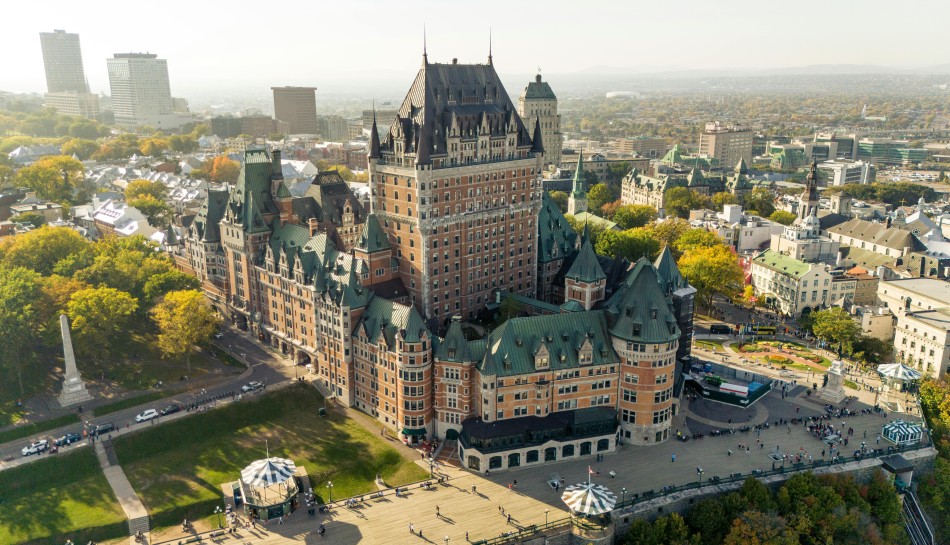During the processing of a family class sponsorship application, some sponsored spouses, partners, and their dependent children, will come to Canada as temporary residents to be with their sponsor. Immigration Refugees and Citizenship Canada (IRCC) announced at the end of May a temporary public policy allowing these individuals to work in Canada while their application is being processed.
This public policy facilitates the issuance of an open work permit to foreign nationals applying to live and work in Canada under family class sponsorship including dependent children over 18 years old.
These open work permits were previously only allowed for the inland spousal sponsorship program and is now being extended to those who are applying from outside Canada.
IRCC says issuing open-work permits will not only help the financial stability of families and their ability to integrate into their communities but will help address national labour shortages and the economy.
What are the eligibility requirements?
IRCC officers may grant an open work permit to foreign nationals who meet either one of the following conditions.
The foreign national is
- A principal applicant who has a submitted a permanent residence application under the spouse or common law partner in Canada or as a spouse, common law or conjugal partner under the family class that has been accepted for processing by IRCC
- Has submitted a work permit application, where the duration of the work permit requested is a maximum of two years
- Is the subject of a sponsorship application submitted by their Canadian citizen or permanent resident spouse, common law or conjugal partner
- Has the same residential address as their sponsor in Canada at the time of the application, and
- Has valid temporary resident status in Canada or is eligible for and has applied for restoration of status
OR
The foreign national is
- A dependent child that has been included as an accompanying family member in the application for permanent residence
- Has submitted a work permit application where the duration of the work permit requested is for a maximum of two years
- Has the same residential address as the principal applicant and their sponsor in Canada at the time of the application, and
- Has valid temporary resident status in Canada or is eligible for and has applied for restoration of status
Announcement of family reunification measures
On May 26, Sean Fraser, Minister of Immigration, Refugees and Citizenship, announced improvements to strengthen family class immigration and family reunification in Canada.
On top of the new open work permit option, these measures include:
- Faster temporary resident visa (TRV) processing times for spousal applicants
- New and dedicated processing tools for spousal TRV applicants
- Open work permit extensions for open work permit holders expiring between August 1st and the end of 2023
He said these measures echo IRCC’s dedication to reuniting families and the importance of family reunification as part of Canada’s immigration strategy.
Source: cicnews.com




















